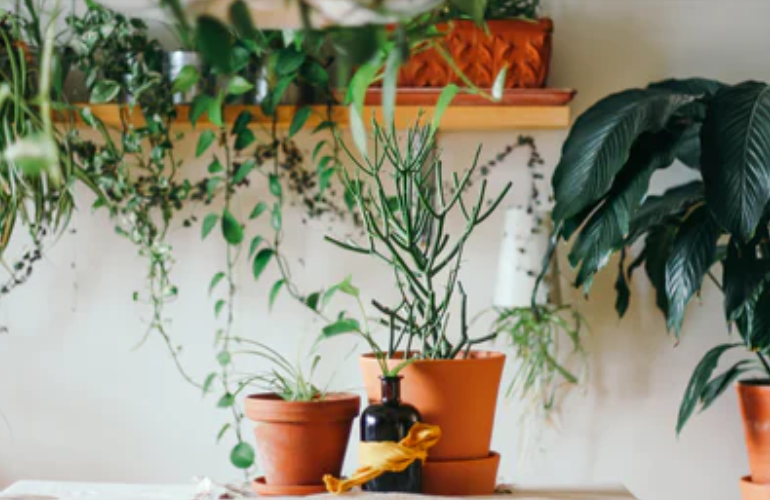 One of the biggest impacts that the Covid-19 virus had on people was how it changed their hobbies and pastimes.
One of the biggest impacts that the Covid-19 virus had on people was how it changed their hobbies and pastimes.
As people were mostly home-bound, they couldn’t enjoy the normal leisure activities that took them outside their homes. Instead, they had to find new ways to kill time and keep themselves busy around the house.
In this regard, the lifestyle of farmers was unchanged but for city dwellers, this brought them closer to gardening. Even people who had no gardens or lived in apartments found themselves investing in plants to decorate their home with it and also as a new activity they could do without ever leaving their home. With nothing to do, taking care of a plant brought some routine into their lives, and it’s also a great way to liven up an otherwise dull home interior.
However, even though new plant parents were very ambitious about growing a fruit tree or having a nice indoor plant, what seemed like a simple thing to do, quickly turned into a difficult situation. Even though it sounds relatively easy in theory, taking care of a plant is more than just about watering it and giving it some fertilizer. This is especially true if they are outdoors and are planted on the ground rather than in a pot.
If you are struggling to get your plants to mature, or they are suffering from a disease or infestation, here are a few things you can do to help your green friend live longer.
1. Temperature
If you live in exceptionally cold or hot areas, you are going to have a hard time growing plants, especially if you are raising them from a seedling. Your best bet is to get a variety of plant that is known to survive extreme weather conditions. If you can bring your plants indoors, that is a good solution, but if you want to keep all the greenery outside, then a resilient plant species is the way to go. Not only will it easily survive the winter, but these are also great for beginners. They require minimal attention year-round and can exist comfortably with the naturally found resources in their environment. If you are interested in growing a certain kind, you might want to learn about its growing conditions first before you purchase them.
2. Nutrients
Everyone knows that their plants need a good balance of water, sunlight, and nutrients, but people aren’t very familiar with how much they need to give to their plants. It’s not good enough to just eyeball things and do what looks right. Different plants have different needs, and the team at www.simplegrowsoil.com suggests you do your research before you go out to buy nutrients. You want to know what it needs, and you also want to know how certain nutrients will act when you use them. For instance, a lot of people know about the benefits of worm tea for plants, but they aren’t aware that this is an extremely potent liquid nutrient that needs to be diluted with water before use. If you want to try out a new nutrient you came across, make sure you know how to use it and whether or not it is compatible with your plant.
3. Pests
Whether you are growing plants indoors or outdoors, there are going to be pests. Certain plants attract flies and bees, whereas others draw insects and ants to them. It also depends on how well you keep the area clean. In fact, if you are dealing with flies and mosquitoes indoors, there are certain plants that you can use as a natural insect repellant. Moreover, if you are using certain kinds of fertilizers, they will attract a lot of natural pests as well. Too many bugs can seriously hinder the growth of a plant, especially during its early stage. If your plants are outdoors, and it is not doing too well, you might want to look underground to make sure you don’t have underground pests that are eating away their roots.

With any kind of gardening or farming, there is a bit of a learning curve, but if you enjoy the process, it becomes a fun activity. Once you get the hang of the basics, you will slowly develop your ability to judge the condition of the plant, the leaves, and the soil to understand what you need to provide the plant with. If you are growing home vegetables or fruits, then keeping an eye on plant health is even more important as it will affect output.
Become a Harlem Insider!
By submitting this form, you are consenting to receive marketing emails from: Harlem World Magazine, 2521 1/2 west 42nd street, Los Angeles, CA, 90008, https://www.harlemworldmagazine.com. You can revoke your consent to receive emails at any time by using the SafeUnsubscribe® link, found at the bottom of every email. Emails are serviced by Constant Contact







